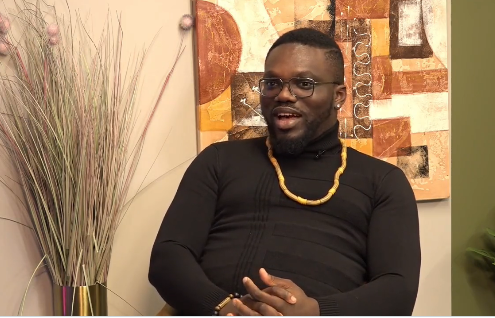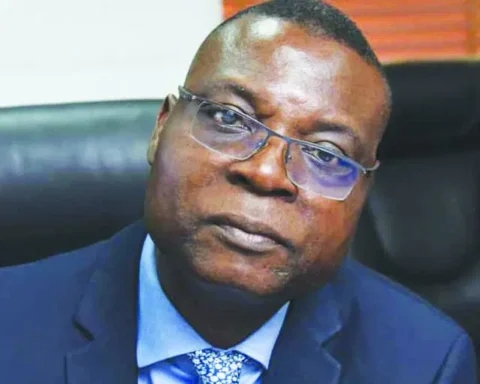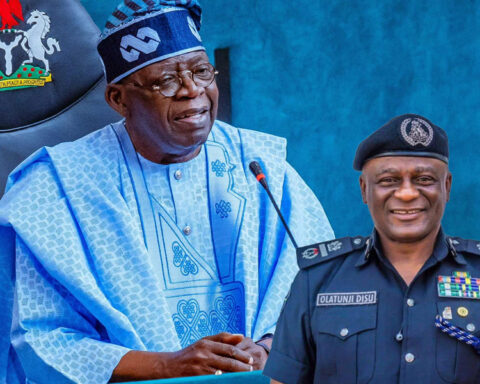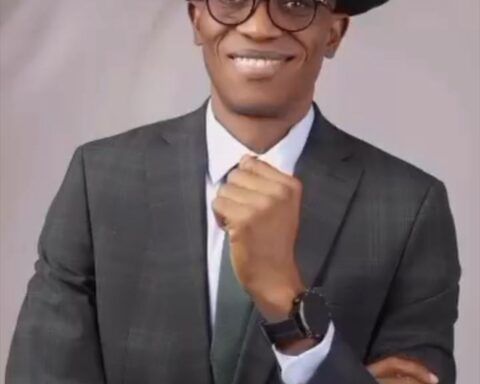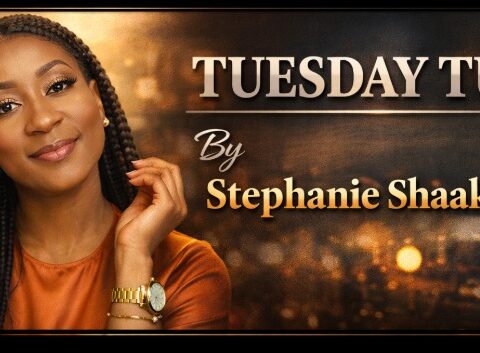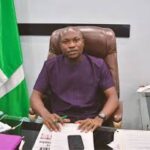By David Hundeyin
The key identifier of an “elite” class is not merely their bank account balance but their ability and willingness to use their economic and political heft to shape the society around them.
That’s why a hereditary landowner and member of the UK House of Lords is considered an elite, while your average Premier League footballer (who may have more money than the HoL member) is not. The difference is in the willingness and ability to wield that power meaningfully.
The reason I keep on saying ‘Nigeria has no elites’ is that I was born and raised among the subset of Nigerians who erroneously consider themselves to be elite, and I am very familiar with their thought process. It is the exact same thought process that you would get from a sugarcane seller in Mile 12 market if overnight he was given a house in Maitama, a Lexus SUV, a beautiful yarinya and N150m in the bank.
The nouveau-riche sugarcane seller would not be concerned with higher thoughts like how to use his newfound fortune to transform the economic reality of Mile 12 market while positioning to benefit from the transformation. Nope. He would only be concerned with ensuring that he keeps hold of what he has, so that he never has to sleep in a wheelbarrow on a side street off Ikosi Road again.
That’s exactly what the privileged Nigerian is upstairs – a sugarcane seller who happens to live in Ikoyi. No matter how many decades they have spent in Ikoyi, their reality is still defined by the desperate quest to escape or avoid poverty. Every Nigerian millionaire or billionaire that you know feels financially insecure. Doesn’t matter whether they are worth $1m or $25bn – they are all viscerally terrified of sinking into poverty, and the sum of their decision making is a series of short term deals and compromises to avoid poverty, without any kind of higher, long-term guiding principle.
I know this especially well because I was raised in a house where everybody who is somebody in Lagos stopped by once in a while to work on a real estate deal with my old man, and I would regularly overhear everybody from bank CEOs to retired military generals and air vice marshalls saying things “Our leaders are [insert whiny complaint].” And I would wonder – who are the “leaders” that these extremely privileged people sound so oppressed and intimidated by? Is it not their friends and coursemates from Jaji?
Later on it made sense when I realised that once you are in power in Nigeria, you become God, and even your family changes its rules for you. I’ve seen families override their olori-ebi because one 50 year-old uncle became somebody in Abuja. Conversely, as soon as you leave power in Nigeria, you sink into total irrelevance and people treat you like your body has a smell. The entire Nigerian sense of value and self-worth is welded to money and power. Once you don’t have these 2 things, you might as well be wearing Harry Potter’s invisibility cloak – even your family and contemporaries stop treating you with respect.
The effect this has on elite formation is that unlike in other societies where elites gravitate toward different ideas shared by different camps, and then fight for the right to imprint those ideas on their society (Democrat vs Republican; Maoist vs Dengist; Tory vs Labour etc), privileged Nigerians ONLY gravitate toward one thing – economic power. They have no elite sense of identity outside of money in the bank, a 4-wheeled status signaller on the road, and an overpriced house in a neighbourhood that has a constant bad odour and potholes.
That is also why Nigeria’s political actors do this thing called “decamping” where they switch affiliation to whatever political party is in power. Their entire conception of the world is built around access to the levers of economic power so that they can avoid ending up in a wheelbarrow in Mile 12 market.
That’s literally all there is to Nigeria.
200 million sugarcane sellers.
Follow us on all social media platforms @dailyquery for news and analyses around the globe.
